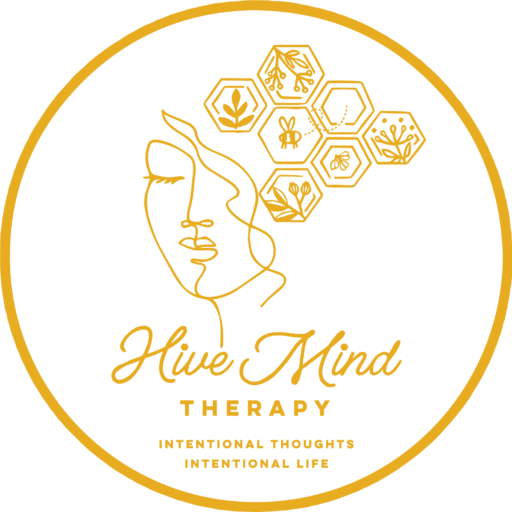Childhood is a crucial period of growth and development, laying the foundation for a lifetime of well-being. Just as physical health is vital, so is mental health. Addressing and supporting your child’s mental well-being from an early age is essential for their overall happiness and success. In this blog post, we will explore childhood mental health, effective therapeutic approaches, common mental health diagnoses, the appropriateness of therapy and medication, and practical strategies for guiding your child through their struggles.
Understanding Childhood Mental Health: Childhood mental health refers to the emotional, psychological, and social well-being of children. It encompasses a range of factors, including the ability to form relationships, manage emotions, and navigate challenges. Identifying potential issues early on can significantly impact a child’s long-term mental health.
Common Mental Health Diagnoses in Childhood: Several mental health diagnoses can affect children, including anxiety disorders, attention-deficit/hyperactivity disorder (ADHD), depression, and behavioral disorders. Recognizing the signs and symptoms is crucial for early intervention and effective treatment.
Types of Effective Therapy for Children:
- Cognitive-Behavioral Therapy (CBT): Focuses on identifying and challenging negative thought patterns, promoting positive behavior and coping strategies.
- Play Therapy: Utilizes play to help children express themselves and communicate their emotions in a safe and supportive environment.
- Family Therapy: Involves the entire family in the therapeutic process to improve communication, understanding, and support for the child.
- Art Therapy: Allows children to express themselves creatively, aiding in the exploration of emotions and problem-solving.
Is Therapy Appropriate for Your Child? Therapy is beneficial for children facing emotional or behavioral challenges. If your child exhibits persistent changes in behavior, emotions, or social interactions, seeking professional help is essential. A licensed child psychologist or therapist can provide valuable insights and develop tailored strategies to support your child.
Is Medication Appropriate? In some cases, medication may be prescribed by a qualified healthcare professional to manage certain mental health conditions. However, medication is typically considered as part of a comprehensive treatment plan and should be carefully evaluated and monitored.
Guiding Your Child Through Struggles:
- Open Communication: Encourage your child to express their feelings openly and without judgment. Listen actively and validate their emotions.
- Establish Routine: Consistency in daily routines can provide a sense of security and stability for children.
- Teach Coping Strategies: Help your child develop healthy coping mechanisms such as deep breathing, mindfulness, or engaging in activities they enjoy.
Early Intervention and Consistent Strategies: Early intervention is key to promoting positive mental health outcomes. Enforce helpful strategies consistently and provide ongoing support. Collaborate with teachers, caregivers, and mental health professionals to create a supportive network for your child.
Conclusion: Prioritizing childhood mental health is an investment in your child’s future well-being. By understanding common mental health diagnoses, exploring effective therapies, and implementing supportive strategies, you can guide your child through their struggles and contribute to their overall happiness and success. Remember, seeking professional help when needed is a proactive step towards fostering a healthy and resilient mindset in your child.

